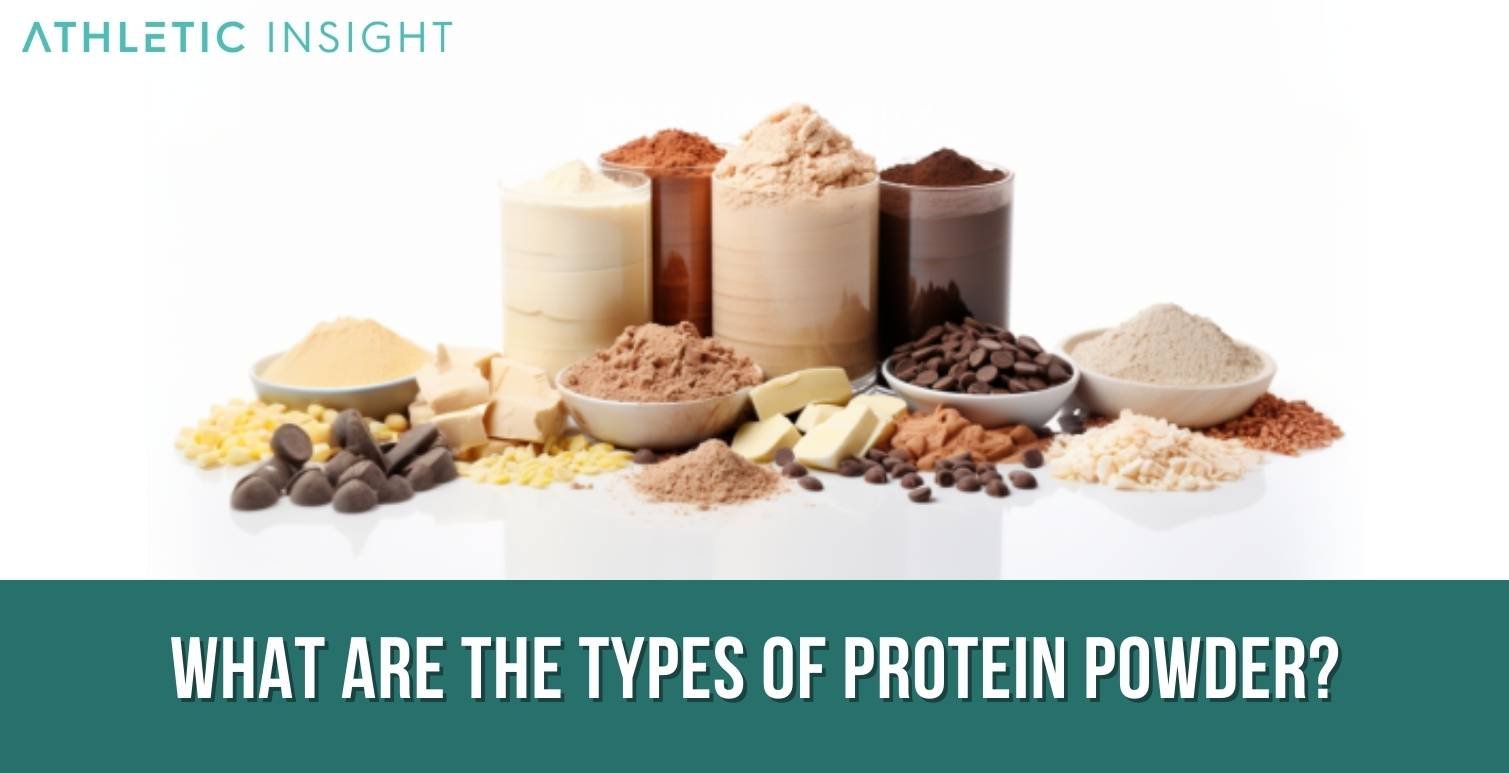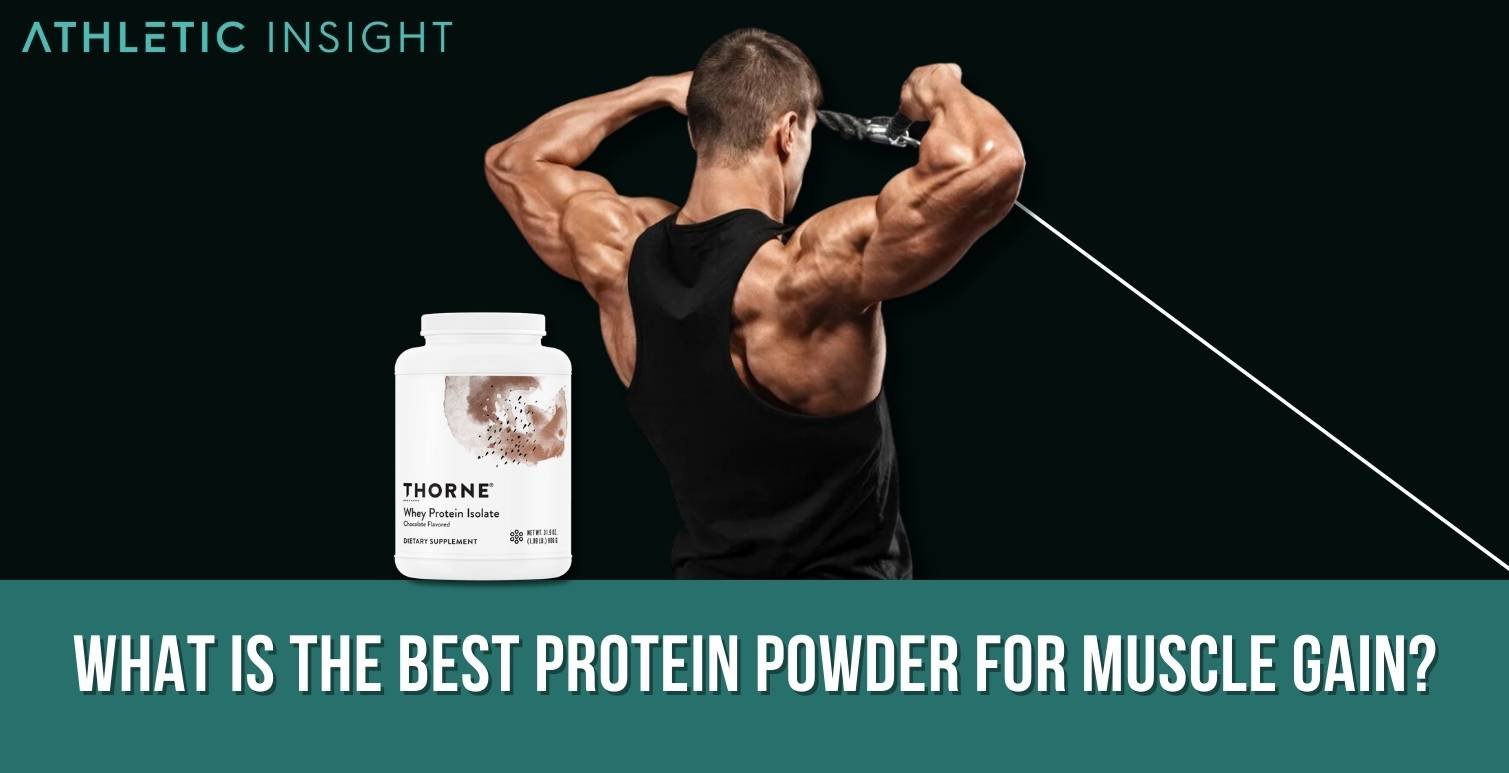Protein powder, a dietary supplement that has been gaining popularity in recent years, offers a plethora of benefits to its users. It is a versatile product, often utilized by athletes and fitness enthusiasts to augment their protein intake, but its advantages extend beyond the realm of physical fitness. The consumption of protein powder can contribute to muscle growth, aid in weight management, and support overall health and wellness.
Protein powder’s efficacy in promoting muscle hypertrophy is well-documented. It provides the body with essential amino acids, the building blocks of muscle tissue, thereby facilitating muscle repair and growth post-exercise. Protein powders can also assist in weight management by promoting satiety, reducing the likelihood of overeating.
Protein powder can also bolster overall health by providing a convenient source of high-quality protein, which is integral to numerous bodily functions, including immune response and tissue repair. Thus, the incorporation of protein powder into one’s diet can yield significant health benefits.
- Weight management
- Muscle growth
- Recovery after exercise
- Added nutrition
1. Weight Management
Weight management, a critical aspect of maintaining overall health, encompasses a myriad of benefits that extend beyond mere physical appearance. Primarily, it aids in the prevention of chronic diseases such as diabetes, heart disease, and certain types of cancer. By maintaining a healthy weight, one can mitigate the risk of these conditions, thereby enhancing longevity and improving quality of life.

Weight management also contributes to improved mental health. It fosters self-esteem and confidence, as individuals who successfully manage their weight often feel a sense of accomplishment. It also promotes better sleep patterns, which are integral to cognitive function and emotional well-being.
Lastly, weight management can lead to increased energy levels, enabling individuals to engage more actively in daily activities and pursue a more vibrant lifestyle. Thus, the benefits of weight management are multifaceted, impacting both physical and mental health in significant ways.
2. Muscle Growth
The process of muscle growth, scientifically known as hypertrophy, is a complex physiological response that offers a plethora of benefits. One of the primary advantages is the enhancement of physical strength and endurance. This augmentation in muscular power is not merely confined to athletic performance, but it also significantly contributes to daily life activities, making tasks such as lifting heavy objects or climbing stairs less strenuous.
Another salient benefit of muscle growth is the promotion of metabolic health. Muscles are metabolically active tissues, meaning they burn calories even at rest, thereby aiding in weight management and reducing the risk of obesity.
Muscle growth is instrumental in bolstering bone density, thereby mitigating the risk of osteoporosis. It also plays a pivotal role in improving body posture and balance, thus reducing the likelihood of falls and injuries. In essence, muscle growth is a multifaceted process that fosters overall physical health and well-being.
3. Recovery after Exercise
Exercise recovery is a pivotal component of any fitness regimen, encompassing a myriad of benefits that extend beyond mere physical recuperation. One such benefit is the enhancement of muscular strength. Post-exercise recovery facilitates the repair of muscle tissues damaged during strenuous workouts, thereby fostering hypertrophy and augmenting overall strength. This process, known as protein synthesis, is expedited during periods of rest, underscoring the importance of adequate recovery.
Another significant advantage is the improvement of athletic performance. By allowing the body ample time to recuperate, individuals can replenish their glycogen stores, a crucial energy source for muscles during exercise. This replenishment not only bolsters endurance but also mitigates the risk of injury, as fatigue often precipitates accidents.
Recovery periods can also contribute to mental well-being. The reduction of cortisol, a stress hormone, during rest can engender a sense of tranquility and improve sleep quality, thereby enhancing overall health and well-being.
4. Added Nutrition
Added nutrition, a term often associated with the fortification of food, refers to the process of incorporating additional nutrients into a product to enhance its nutritional value. This practice is typically employed to compensate for the deficiencies in a standard diet, thereby promoting overall health and well-being. The benefits of added nutrition are manifold and can be elucidated further.
Primarily, added nutrition aids in the prevention of nutrient deficiencies, which can lead to various health complications. For instance, the fortification of flour with folic acid has been instrumental in reducing the incidence of neural tube defects in newborns. The enrichment of dairy products with Vitamin D has been pivotal in combating rickets, a bone-weakening disease.
Added nutrition can also contribute to improved cognitive function. Certain nutrients like Omega-3 fatty acids, often added to foods, are known to enhance brain health and cognitive performance. Lastly, the fortification of foods can also play a significant role in supporting immune function, with nutrients like Vitamin C and Zinc being key contributors to a robust immune response.
How to Use Protein Powder?
Protein powder, a popular supplement among fitness enthusiasts, is typically consumed in the form of a shake. To utilize it, one simply needs to blend the powder with water, milk, or a milk substitute. The concoction can be further enhanced with the addition of fruits, vegetables, or other healthful ingredients. The versatility of protein powder allows it to be incorporated into a variety of recipes, from smoothies to baked goods, thereby augmenting the protein content of the meal.
As for the optimal time to consume protein powder, scientific evidence suggests that it is most beneficial post-workout. This is due to the fact that exercise induces muscle protein breakdown, and consuming protein post-exercise can aid in the repair and growth of muscle tissue. However, the timing can be adjusted based on individual dietary needs and workout schedules. It is crucial to remember that while protein powder can supplement a balanced diet, it should not be used as a substitute for whole food sources of protein.
What are the types of Protein Powder?
Protein powders, a staple in the fitness and health industry, are available in a plethora of types, each with its unique characteristics and benefits. The most prevalent types include Whey, Casein, and Soy protein powders. Other noteworthy types of protein powders encompass Pea, Hemp, and Brown Rice protein powders.

- Whey protein: Whey protein, derived from milk, is renowned for its high biological value and rapid absorption rate, making it an ideal post-workout supplement.
- Casein: Casein, also a milk derivative, is characterized by its slow digestion rate, providing a sustained release of amino acids, thus making it a perfect choice for a nighttime supplement.
- Soy protein: Soy protein, a plant-based alternative, is a complete protein source and is particularly favored by vegetarians and vegans.
- Pea protein: Pea protein, another plant-based option, is hypoallergenic and rich in branched-chain amino acids, which are crucial for muscle building.
- Hemp protein: Hemp protein, derived from hemp seeds, is a complete protein that also provides a substantial amount of fiber and omega-3 fatty acids.
- Brown Rice protein: Brown Rice protein, although not a complete protein, is easily digestible and often combined with other plant proteins to ensure a comprehensive amino acid profile.
What are the risks of using Protein Powder?
Protein powder, while beneficial in augmenting dietary protein intake, is not devoid of potential risks. Overconsumption can lead to digestive issues, such as bloating, gas, and stomach cramps, due to the body’s inability to assimilate excessive protein.
Some protein powders may also contain harmful additives, including artificial sweeteners and preservatives, which can have deleterious effects on health. In extreme cases, an overreliance on protein powder can result in nutrient deficiencies, as it may replace whole foods that provide a broader range of essential nutrients.
What are the advantages of using Protein Powder?
Protein powder offers a convenient and efficient way to increase protein intake, particularly for individuals with heightened protein requirements, such as athletes or those recovering from surgery. It can aid in muscle repair and growth, enhance satiety, and support weight management.
Protein powder can also be easily incorporated into a variety of foods and beverages, making it a versatile addition to a balanced diet. However, it is crucial to remember that protein powder should supplement, not replace, a diet rich in whole foods.
What is the Best Protein Powder for Muscle Gain?
When it comes to muscle gain, the top three best protein powders that have garnered significant acclaim are Whey Protein, Casein Protein, and Soy Protein. Each of these protein powders possesses unique attributes that make them ideal for muscle development and recovery.

Whey Protein, a byproduct of cheese production, is a complete protein that contains all nine essential amino acids. It is renowned for its rapid absorption rate, making it an excellent choice for post-workout recovery. Casein Protein, on the other hand, is a slow-digesting dairy protein that releases amino acids slowly, making it an ideal supplement before bedtime.
Lastly, Soy Protein, a plant-based protein, is a great alternative for those with dietary restrictions. It contains all essential amino acids and is rich in BCAAs (Branched-Chain Amino Acids), which are crucial for muscle growth and repair. The selection of the best protein powder ultimately depends on individual dietary needs, workout regimen, and personal preference.
What is the Best Creatine Powder for Muscle Gain?
When it comes to muscle gain, the top three best creatine powders that have proven their efficacy are Thorne, Transparent Labs, and Optimum Nutrition Creatine Monohydrate Powder. These products have been meticulously formulated to enhance strength, power, and muscle size.
Thorne, in particular, has earned its place in the top three due to its superior formulation. This product is micronized, meaning the particles are made smaller so our bodies can absorb the creatine more efficiently. It is also unflavored, making it versatile for mixing with other supplements or beverages.
Lastly, it is made with Creapure Creatine, a form of creatine monohydrate known for its exceptional purity and potency. This product’s commitment to quality and performance makes it a formidable contender in the realm of muscle gain supplements.
Is Protein Powder Expensive?
Protein powder, in a broad sense, is not inherently expensive. However, the cost can fluctuate significantly based on various factors such as brand, quality, type of protein, and the quantity purchased. A cursory examination of the market reveals a wide spectrum of prices, with the most economical options starting around $10 per pound, while premium brands can command prices upwards of $30 per pound.
When juxtaposed with other sources of protein, such as meat or dairy, protein powder can often be a more cost-effective choice. For instance, the cost per gram of protein from powder is typically lower than that from lean meats or dairy products. However, it’s crucial to consider the nutritional value and bioavailability of the protein source, not just the price. High-quality protein powders often contain a complete amino acid profile, making them a valuable addition to a balanced diet.



